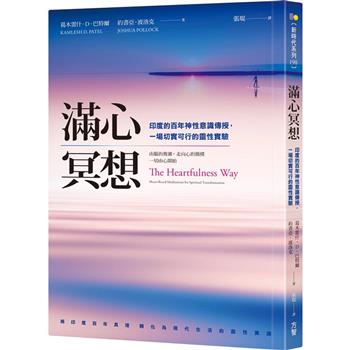The establishment of British colonial rule set the stage for the impact of European ideology on Indian minds. The life of Indians was still dominated by religious ideas and caste customs, so new socio-political ideas often took the form of reformist and sectarian teachings. In this connection, ideas of reform of Hinduism (Brahmo Samaj India, Arya Samaj), Sikhism (Nirankari, Namdhari, Singh Sabha) and Islam (Wahhabism, Farazi, Sayyid Ahmad Khan) spread. Nevertheless, with the development of social thought and the activation of Indian socio-political organizations, the independent role of religious reformist sects and societies gradually declined. At the beginning of the 20th century, their religious activities receded into the background, while their political, reformist and national-liberation activities came to the fore.
| FindBook |
有 1 項符合
Enlightenment and Religious Reform in India in the 19th and early 20th centuries的圖書 |
 |
Enlightenment and Religious Reform in India in the 19th and early 20th centuries 作者:Speth 出版社:Our Knowledge Publishing 出版日期:2023-03-10 語言:英文 規格:平裝 / 76頁 / 22.86 x 15.24 x 0.46 cm / 普通級/ 初版 |
| 圖書館借閱 |
| 國家圖書館 | 全國圖書書目資訊網 | 國立公共資訊圖書館 | 電子書服務平台 | MetaCat 跨館整合查詢 |
| 臺北市立圖書館 | 新北市立圖書館 | 基隆市公共圖書館 | 桃園市立圖書館 | 新竹縣公共圖書館 |
| 苗栗縣立圖書館 | 臺中市立圖書館 | 彰化縣公共圖書館 | 南投縣文化局 | 雲林縣公共圖書館 |
| 嘉義縣圖書館 | 臺南市立圖書館 | 高雄市立圖書館 | 屏東縣公共圖書館 | 宜蘭縣公共圖書館 |
| 花蓮縣文化局 | 臺東縣文化處 |
|
|
圖書介紹 - 資料來源:博客來 評分:
圖書名稱:Enlightenment and Religious Reform in India in the 19th and early 20th centuries
|











